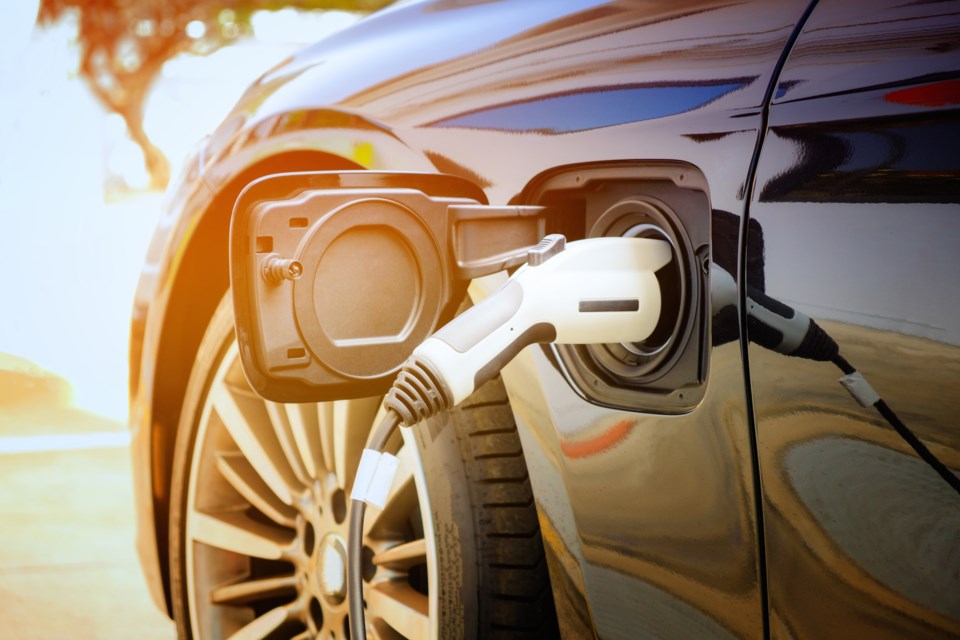BarrieToday welcomes letters to the editor at [email protected]. Please include your full name, daytime phone number and address (for verification of authorship, not publication). The following, from local resident and BarrieToday science columnist Peter Burzstyn, is in response to 'LETTER: Former skeptic calls EVs sound investment,' published March 12.
Ravi Gupta is absolutely correct.
We bought our first battery/electric car (a tiny 2014 smart cabriolet) nine years ago to replace a diesel smart cabriolet we had owned for nine years. Nobody could have called the diminutive diesel fast, but the electric version could surprise folk at the 'stop-light grand prix.'
We have owned it for six and a half years. Nothing fell off. An annual service was required to replace a moisture absorber protecting the battery. Over that time, the vehicle lost around 10 per cent of its range. Since we only drove it around town, this really didn’t matter. We decided to trade it in because Mercedes had stopped selling the smart range across North America, and service would be a problem.
We replaced it with a Mini Cooper SE ('E' stands for electric). I thought smartie accelerated briskly, but the Mini set me straight – it’s a small rocket! In addition, the Mini handles like ... well, like a Mini. They have always been able to embarrass sports cars on cornering, and our 2020 model was no exception.
We have owned Mini for two and a half years now, and nothing has gone wrong. Like the smart, it has a moisture-absorbing device which needs replacement annually. There’s a filter for the cabin air, which may need replacement depending on how much you use the heating/AC systems and how dusty your air is.
I have always kept careful records of car stuff. Our electric car charging station has a kilowatt-hour meter logging how much electricity our cars use. The smart averaged 17.5 kWh per 100 kilometres, costing $0.0164/km in electricity, or $685 for 41,785 kms. This was overshadowed by the insurance, which cost $4,453, or 6.5 times more than the electricity!
Our Mini has averaged 14 kWh per 100km so far, clearly using around 20 per cent less electricity than the smaller, lighter smart. Clearly, Mini’s energy management is more sophisticated. Its electrical braking (pushing electricity back into the battery when slowing) is so powerful that one seldom needs the friction brake – one-pedal driving!
Electricity has become a lot more expensive, totalling $509.05 for the 14,343 kms, so $0.0355/km.
Again, insurance dominates the expenses at about $1,200 per year, nearly six times the cost of electricity.
Our Mini’s range is about 200 kms on a charge. In time, we will replace the VW with an electric car – when I find one which can do 600 kms on a charge at a decent price.
I will miss my VW’s manual transmission, but the electric drive is so quiet and smooth, I won’t miss it for long.
Pete Bursztyn
Barrie



